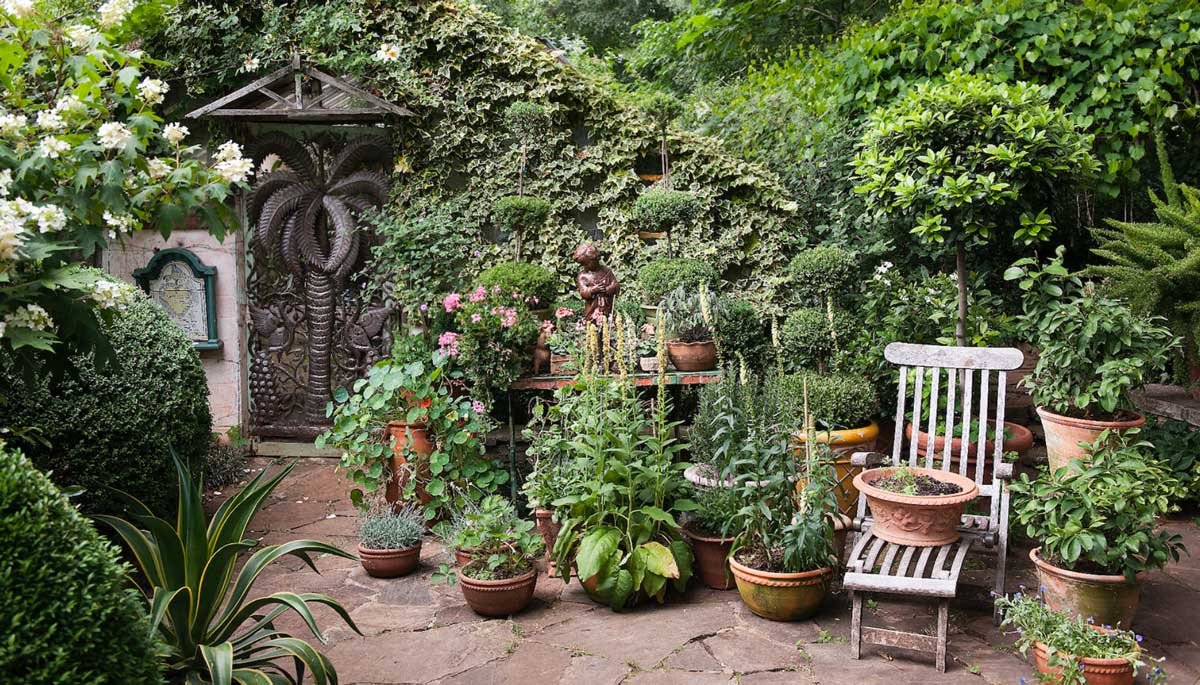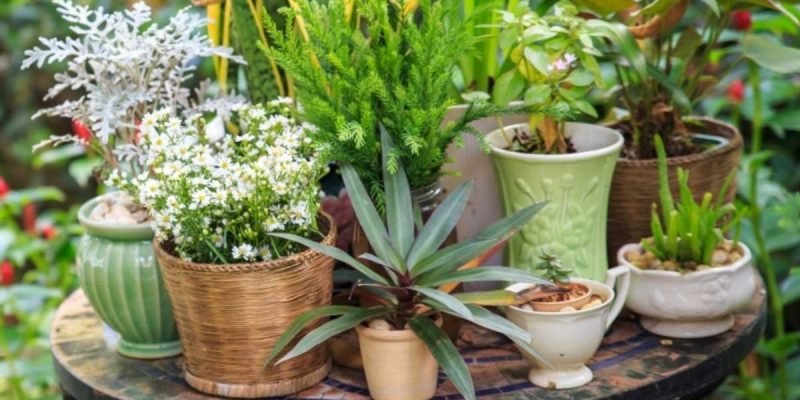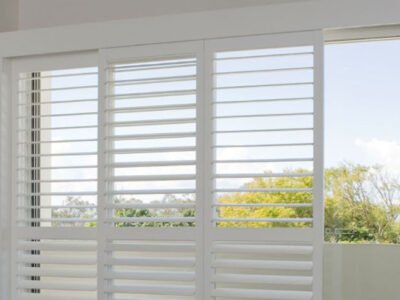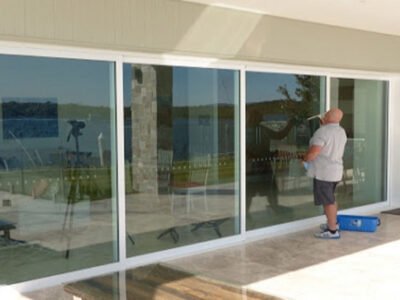Plants are a bit like most of us humans. They like a drink, a munch, and love the sunshine. The outdoors is the most suitable place for them. The spring and Autumn are suitable times of the year for them.
Yet, like us, they can’t always stay outdoors in certain seasons. The Winter can be harsh for some plants and the Summer overbearing for other plants. We can help our plants though with a few adjustments. We show you how to do that in this post.
Winter
Winter can be a very harsh time for plants. Look to be mindful of the following things and makes changes where necessary.
- Think about the weather conditions in your area.
This is very important. Different plants survive under different conditions. A zone 5 area will require hardy or perennial plants in your planters if you are to keep them outdoors. Anything below Zone 5 offer conditions not as harsh. This means you can have a few different varieties of planters in your garden. The USDA Agricultural Service offers a guide to Zones in the US.
- Think about appropriate protection for your planters.
Hardy and perennial plants suit harsher winter conditions. You should consider bringing smaller plants indoors for the Winter. Think about covering your plants if Winter brings too much rain or moisture through misty climates. You need to consider protection from the Winter creatures as well. A frost net can help protect outdoor planters for temperatures under 26c.
- Don’t shock the planters!
Although the plants don’t hibernate during the winter, they are often asleep. They need to conserve their energy to stay alive. If you start pruning plants or modifying their habitat in this condition, the plants will likely receive a shock. These shocks can destroy them in very cold weather. Beware!
- Check the moisture levels.
It seems plausible to think that plants don’t need water during Winter. After all, they don’t get hot like the Summer and aren’t generally as active. This is throwing caution to the wind, however. Your planters will always need a drink. Winters can be dry in some places and cause dehydration to plants. The moisture can freeze in some places. Always keep checking that the planters have sufficient moisture. Alternatively, make sure they don’t receive too much water and try to regulate the amount the planters receive.
- Think about investing in a good planter.
Fiberglass planters offer solid temperature control. This can help with harsh climates. The plants don’t get as cold in these types of planters. Fiberglass planters also help to keep moisture. This helps to keep planters healthier during winter.

Summer
Another season to consider is the Summer. Think about yourself again. You can get sunburnt. You can get dehydrated. You want a bit of protection. Do these things to help your planters during this season.
- Keep your planters as cool as possible.
This isn’t as obvious as it seems, especially when your busy at work or with various projects. Planters need sunlight but don’t want to get too hot. Keep them indoors for some parts of the day, or in a shaded area sometimes. If plants get too hot, they will dehydrate and possibly wither.
- Don’t let your planters get sunburnt!
This is easily done as well. Similar to staying cool, planters need to avoid too much sunlight. They need sunlight as it’s part of the photosynthesis process. Too much sunlight and the buds and leaves will scorch. Give them enough Vitamin D but be mindful about giving the plants appropriate shade. Put them under a canopy or indoors near the window if you feel the planters are getting too hot.
- Don’t fertilize your plants, unless urgent!
Do this in the Spring, when the plants are thriving and looking for nutrients. If fertilized during Summer, the plants have adjusted to more change. The same applies to putting plants into new planters. Changes in habitat stress out plants in hot conditions. They are already stressed due to the heat. Don’t stress them out even more!
- Keep yourself in the present moment.
By this, consider how the planters are doing every 2-3 days. You can get to the source of the problems early that way. By sorting out problems early, you’ll save yourself a lot of work or disappointment later on during the season.
- Think about mulching.
Look at covering your plant soil with pebbles or something similar during Summer. This will help keep the nutrients and moisture in the soil. Square planters are very useful ways to store plants that are mulched. Wholesale pots and planters offers some worthwhile fiberglass square planters.
Your plants are important to you. Otherwise, you wouldn’t keep them. Look to protect your planters from these harsh conditions and invest worthwhile time and materials into keeping them healthy.














Comments